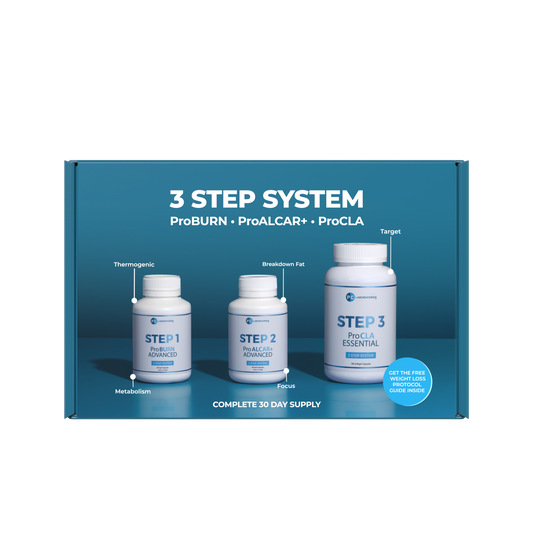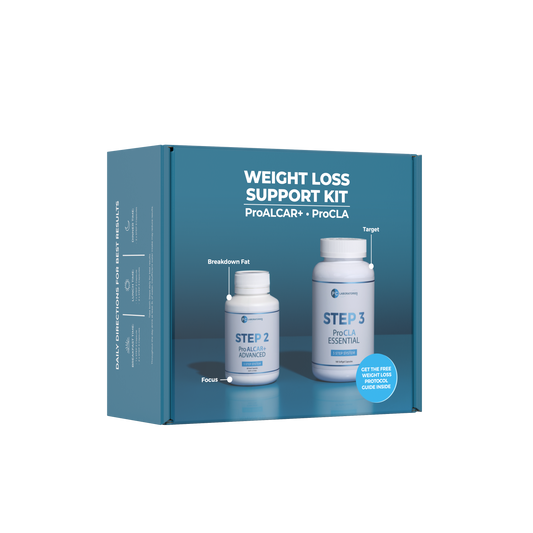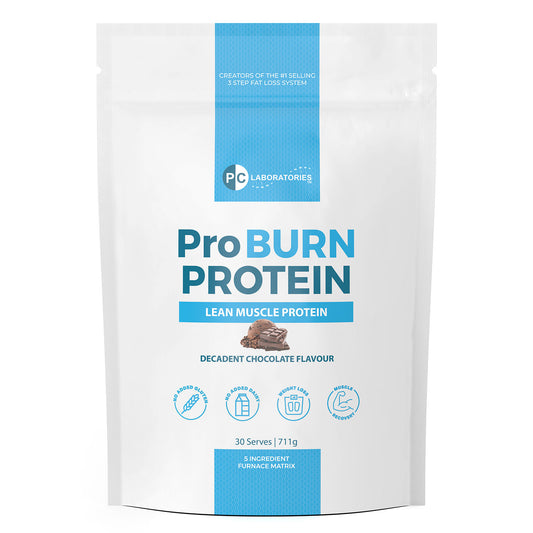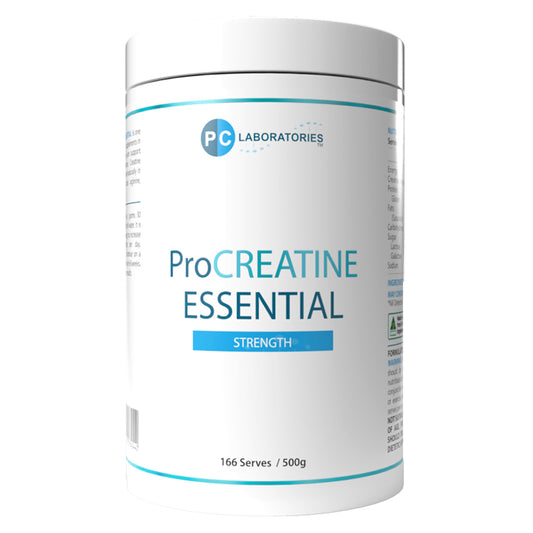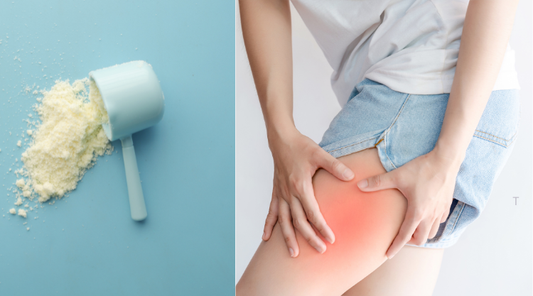Full disclosure: what you eat has a significant effect on your health. Healthy eating is the best way to improve your health. From improving your physical fitness to clearing your mind and boosting your energy levels, there are many benefits to eating the right foods. And contrary to popular belief, quantity isn’t as important as quality. Whether you’re actively trying to lose weight or just want to be healthier, consume the following 5 food groups every day — and it won’t be long before you notice a big difference.
1. Low Histamine Fruits and Vegetables
Firstly, eating “clean” fruits and vegetables that are dense in nutrients will detoxify your system, provide you with energy and make you feel full. That said, keep in mind that any food you’re intolerant to can cause a histamine effect in your body. This is where a natural substance is released in response to an allergy, resulting in bloating, stomach cramps, watery eyes, flushing and more. The solution? Always consume options that have a low amount of histamine, such as the following.- Fruits: blackberries, blueberries, cherries, apples, coconut and melons
- Vegetables: asparagus, bell peppers, broccoli, carrots, garlic, greens and lettuce
And if you find that a particular food seems to trigger unpleasant symptoms, simply stay away from it.
2. Low Histamine Protein
Including protein in your daily diet is ideal for stimulating your metabolism, stabilising your blood sugar and feeding lean muscle tissue. However, opt for low histamine protein wherever you can, such as fresh beef, poultry and fish. Why? Well, high histamine protein foods (like sausage, pepperoni and ground beef) are more likely to cause an allergic reaction. Not ideal.
3. Moderate Natural Fats
To protect your organs, repair your cell walls and regulate your body temperature, eat a moderate amount of natural fats daily. Not sure what these are? Some examples include avocados, nuts, peanut butter, soy milk, fatty fish and peanut butter. These foods also provide energy, thus helping you to feel fuller for longer. Win-win.
4. Starchy Carbs
Don’t forget that you need some starchy carbohydrates in your daily diet. What do we mean by starchy carbs, you ask? We’re talking about foods like potatoes, bread, rice, pasta and oatmeal that are an important source of energy, nutrients and fibre. They also balance out your blood sugar after exercise and keep your muscles shapely. Just try to choose wholegrain or higher fibre varieties, such as wholemeal bread, brown rice and wholewheat pasta, to ensure you’re meeting the recommended fibre intake of 30 grams per day. This with help you with your healthy eating.
5. Enzymatic Snacks
Finally, you can be kind to yourself by eating enzymatic snacks every day. Foods like raw nuts and seeds, papaya and pineapple promote healthy digestion by allowing the body to utilise the nutrients found in them. Just be wary that enzymatic snacks are higher in histamines than other foods. Therefore, it’s important to pay attention to how your body is responding to them and amend your diet accordingly. Find the right snacks for your healthy eating plan.


